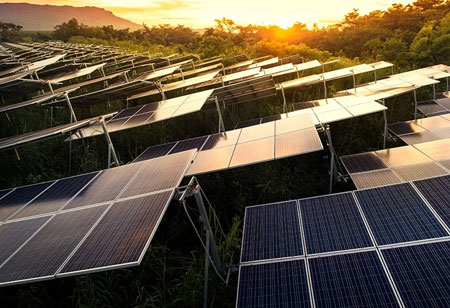Thank you for Subscribing to Construction Business Review Weekly Brief
Specials
- Apartment and Condominium Contractors Canada
- Decking Canada
- Architectural Glass Europe
- MEP APAC
- Construction Saudi Arabia
- German Apartment and Condominium Contractors
- Construction Law APAC
- Outdoor Construction
- Foundation Construction Canada
- MEP Canada
- Kitchen and Bath
- Cold Storage Construction APAC
- Precast Concrete Europe
- Construction Staffing Europe
- Pre-Construction Services
- Flooring System APAC
- Scaffolding Canada
- Swimming Pool Construction Canada
- Construction Management Canada
- Cold Storage Construction Canada
- Flooring Systems Europe
- Residential Construction
- Concrete Canada
- Construction Cladding Europe
- Construction Cladding APAC
- Concretes, Aggregates and Construction Materials APAC
- Concretes, Aggregates and Construction Materials Europe
- Commercial Contractors Europe
- Commercial Contractors APAC
- Dummy
- Construction Insulation, Coating and Waterproofing
- Construction Management APAC
- Landscaping Canada
- Construction Coating Europe
- Construction Tech Startups Europe
- Insulation Services Europe
- Mechanical Contractor Canada
- Mould Remediation and Testing Europe
- Swimming Pool Construction APAC
- Building Sealing Solutions Europe
- Construction Engineering Services
- Mechanical Electrical and Plumbing
- Roofing Systems Europe
- Architectural Glass APAC
- Startups APAC
- Construction Forensic and Owners Representative
- Flooring System
- Waterproofing APAC
- Wall Systems
- Safety and Compliance Europe
- Construction Equipment
- Modular and Prefab Construction
- Architectural Glass
- Construction MENA
- Construction Demolition and Recycling Europe
- Modular Construction Europe
- Construction Interiors
- Steel Building APAC
- HVAC
- Doors and windows
- Modular Construction APAC
- Building Information Modeling APAC
- Sustainable Construction APAC
- Building Restoration and Maintenance
- Commercial Contractors
- Specialty Construction
- Construction Engineering Canada
- Construction Engineering MENA
- Modular Construction Canada
- Construction Demolition Canada
- Roofing and Siding Systems
- Construction Latam
- Construction Staffing
- Roofing Systems APAC
- Construction Consulting
- Steel Building Europe
- Construction Demolition and Recycling APAC
- Safety and Compliance APAC
- Concretes, Aggregates and Construction Materials
- Construction Cladding
Machine Learning Predicts the Performance of Organic Solar Cells
Results and the methodology developed in this study are very important to guide theoretical researchers to develop future analytical models.

By
Construction Business Review | Thursday, January 28, 2021
Stay ahead of the industry with exclusive feature stories on the top companies, expert insights and the latest news delivered straight to your inbox. Subscribe today.
Results and the methodology developed in this study are very important to guide theoretical researchers to develop future analytical models.
FREMONT, CA: Now, researchers from the Institute of Materials Science of Barcelona, specialized in materials for energy applications, have collaborated with researchers from the Universitat Rovira I Virgili specialized in Artificial Intelligence, to combine the experimental data points that they gather with artificial intelligence algorithms and enable an unprecedented predicting capability of the performance of organic solar cells.
ICMAB researchers, led by Mariano Campoy-Quiles, have generated multiple data sets by using a new experimental method that allows them to have a large number of samples in only one, speeding the time compared to conventional methods. Then, machine-learning models are used to learn from those data sets and predict the performance of even more materials, such as novel organic semiconductors synthesized at the group of Prof. Martin Heeney at Imperial College London.
This study may be the first of many in the field to combine artificial intelligence and high-throughput experiments to predict the optimum conditions of certain materials and devices.
One of the key aspects of this study is that researchers can generate big and meaningful datasets with minimal experimental effort. This is an important aspect of the success of machine-learning modeling to obtain accurate and reliable models and predictions.
Check Out: CIOReview





